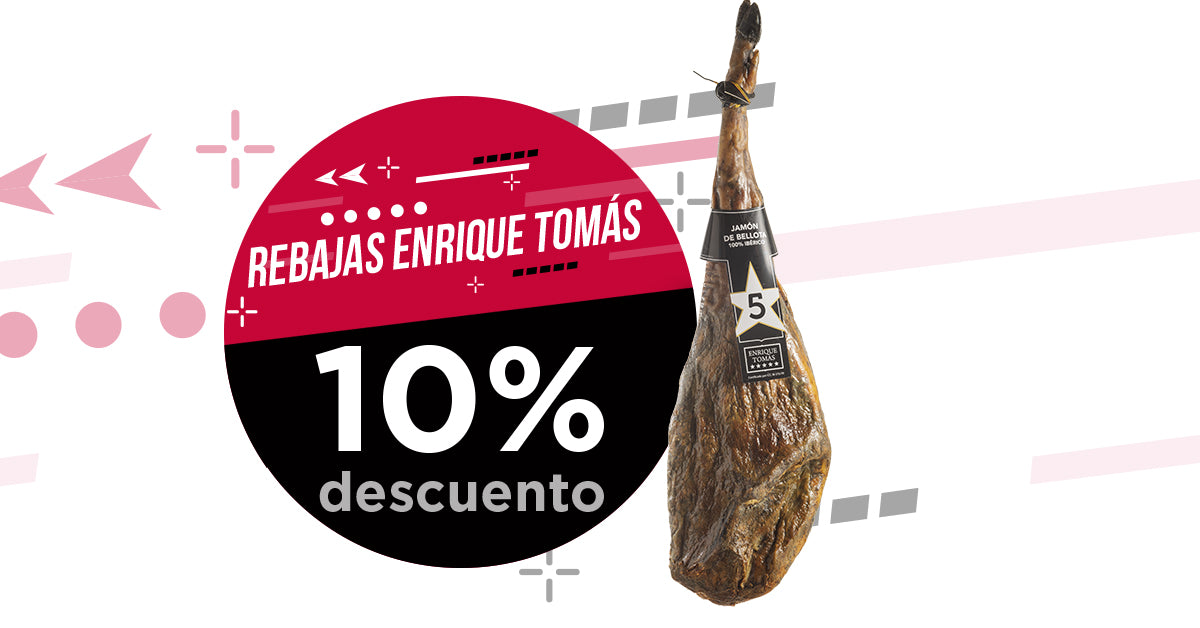
Why is it called Gran Reserva ham?
Why is it called "jamón serrano"? What is its origin and characteristics? How is it made?
We must start with a premise: when we refer to "jamón serrano," we are talking about a food product obtained through the process of salting and air-drying the hind legs of white pigs.
At Enrique Tomás, we provide answers to these questions and more.
Jamón Serrano: Its Origin and Characteristics
Its Origin
Jamón serrano can only come from white pigs. Therefore, the first thing we must highlight is that it should never be confused with jamón ibérico, which comes from Iberian breed pigs, native to the Iberian Peninsula, and has very different physical characteristics from white pigs.
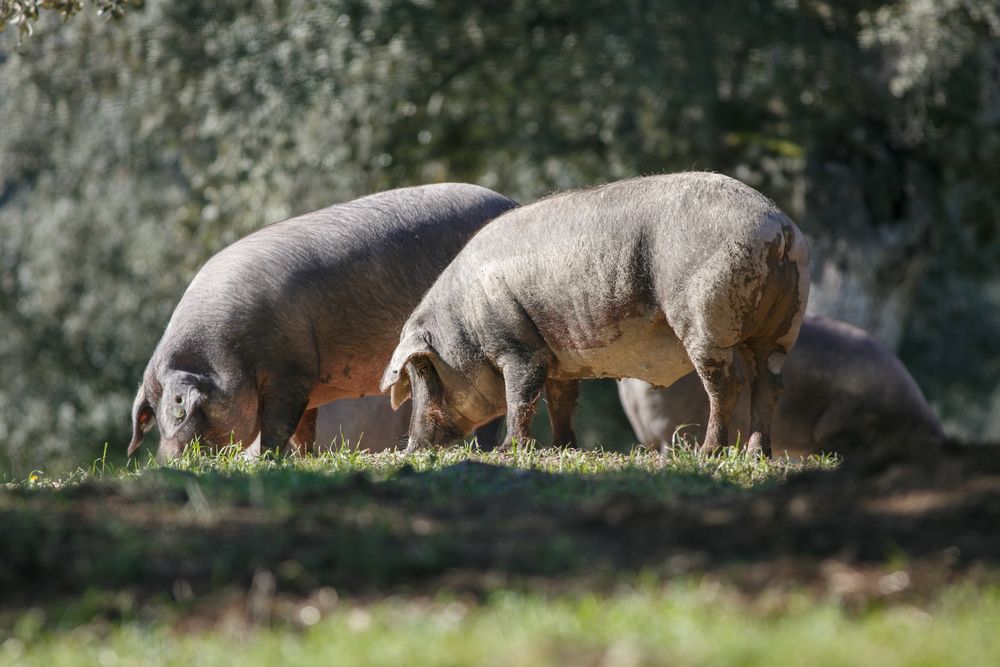
Iberian Pig
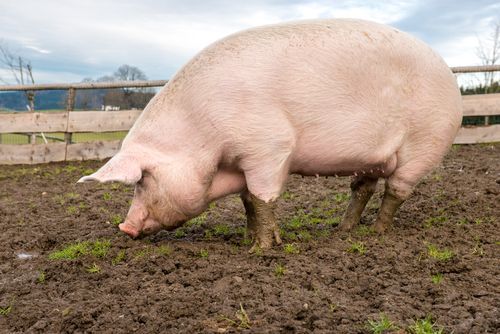 White Pig
White Pig
Its Name
The name "jamón serrano" is believed to be related to the place where the hams are cured, namely, in the mountains ("sierra" in Spanish). The curing process is a craft that requires the experience and care of master artisans, and it is performed – and continues to be performed – in the Spanish mountain ranges where the exact conditions of temperature and humidity required by hams are met.
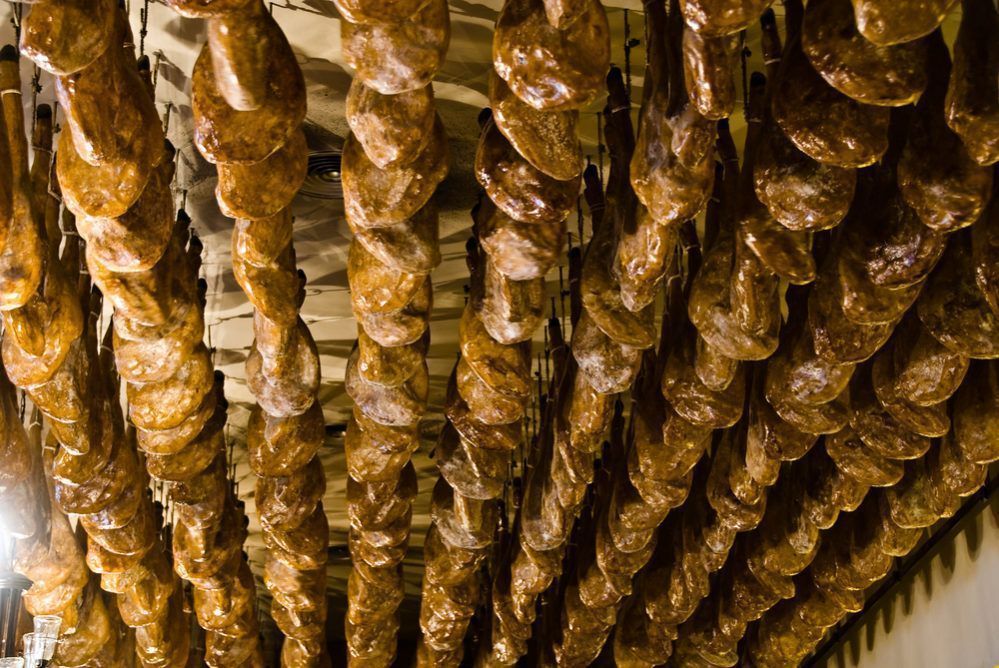 Curing a Ham
Curing a Ham
Its Characteristics
Feeding
Its diet is based on feed and cereals. White pigs are usually raised in intensive systems, which means in farms.
Breed
The most common breeds are Duroc, Landrace, Large White, or Pietrain.
Location
Similar cured ham to the Gran Reserva type can be found all over the world, such as Prosciutto in Italy or Presunto in Portugal, for instance. Therefore, this animal doesn't require a specific habitat or climate like the Iberian pig does, as the latter is only raised in the Iberian Peninsula.
Curing
Generally, the curing period for ham is a minimum of 12 months. However, for our Jamón Gran Reserva, for example, it's 18 months. This makes it an exceptional type of jamón serrano in terms of flavor, with a longer curing time than standard.
Weight
The recommended minimum weight for commercializing jamón serrano is 7 kg.
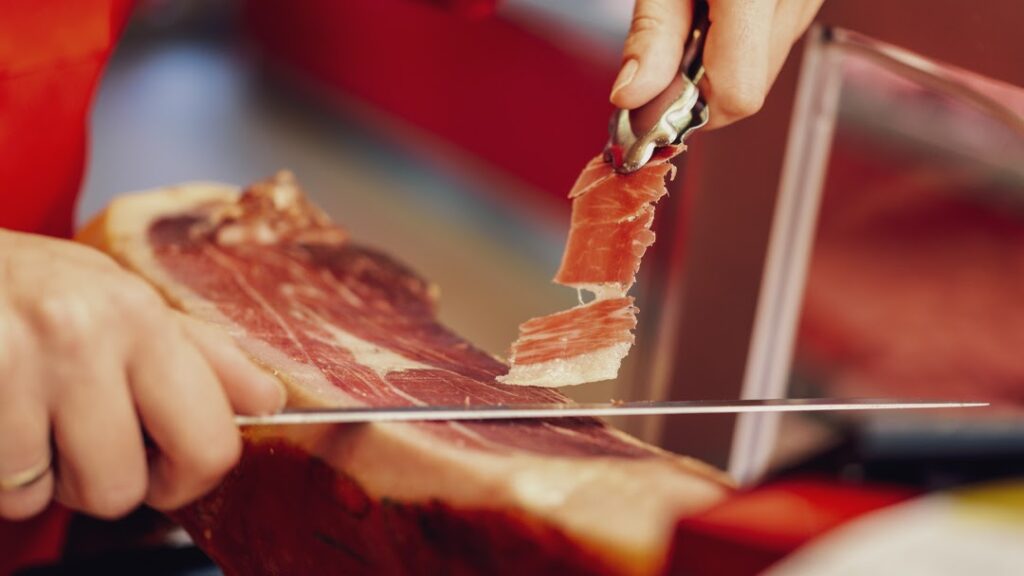
Gran Reserva Ham
Differences between Jamón Serrano and Jamón Ibérico
Jamón ibérico is a product obtained from Iberian breed pigs, while jamón serrano comes from white pigs. Both hams are obtained from the hind legs of the animal, but unlike serrano ham, ibérico ham can only be produced in Spain and Portugal for two reasons: first, Iberian pigs are only found on our peninsula, and second, only these countries have the necessary climatic conditions for proper production of ibérico ham.
Another difference is curing. The curing process involves salt and requires a specific amount of time. Serrano ham is usually cured for twelve months, although at Enrique Tomás, it's eighteen months. In contrast, ibérico ham is cured for around thirty-six to forty-eight months, depending on the weight of the piece.
Regarding flavor, Iberian pigs have a genetic peculiarity not found in any other animal on Earth – they infiltrate fat into the muscle. This, combined with a specific diet and the exercise the pigs get while roaming in the "dehesa," results in a juicy meat full of nuances and aromas. Serrano ham can come from various white pig breeds, including Landrace, Large White, Pietrain, and sometimes Duroc. However, the Duroc breed, which can infiltrate fat into the muscle like the Iberian pig, is often crossed with Iberian pigs to produce ibérico ham.
Discover more in: "Differences between Serrano Ham and Ibérico Ham" or in the following video:
Why is Serrano Ham "Jamón Gran Reserva" at Enrique Tomás?
Because it's a selected ham subject to very rigorous quality controls. In the curing process, we maintain enough fat for the ham to cure for 18 months, surpassing the curing time of other serrano hams in the market.
For Enrique Tomás, the care and attention process is the same for all our hams, whether they are ibérico or non-ibérico, to ensure a flavorful, exceptionally high-quality ham that is among the best on the market.

Gran Reserva Ham Piece
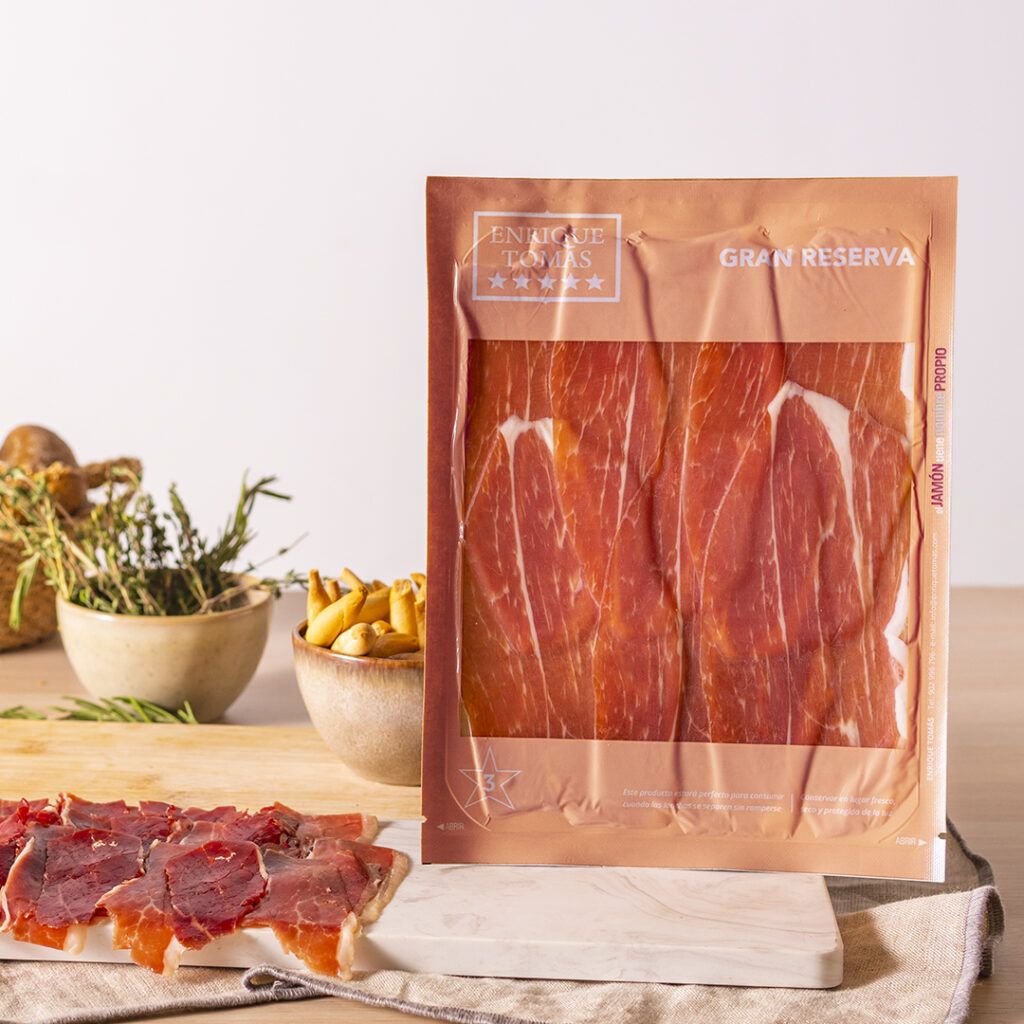
Sliced Gran Reserva Ham



